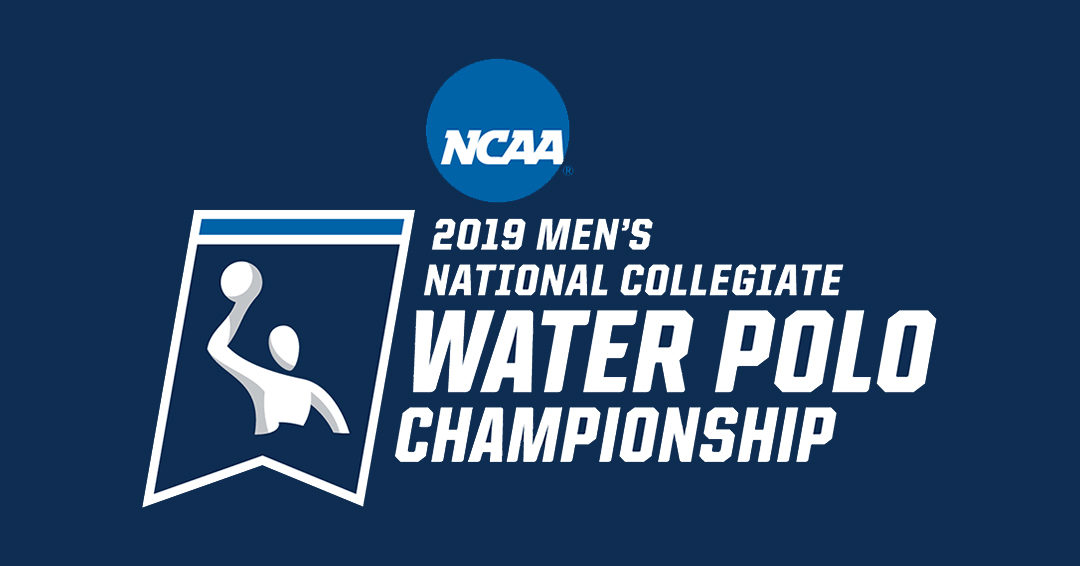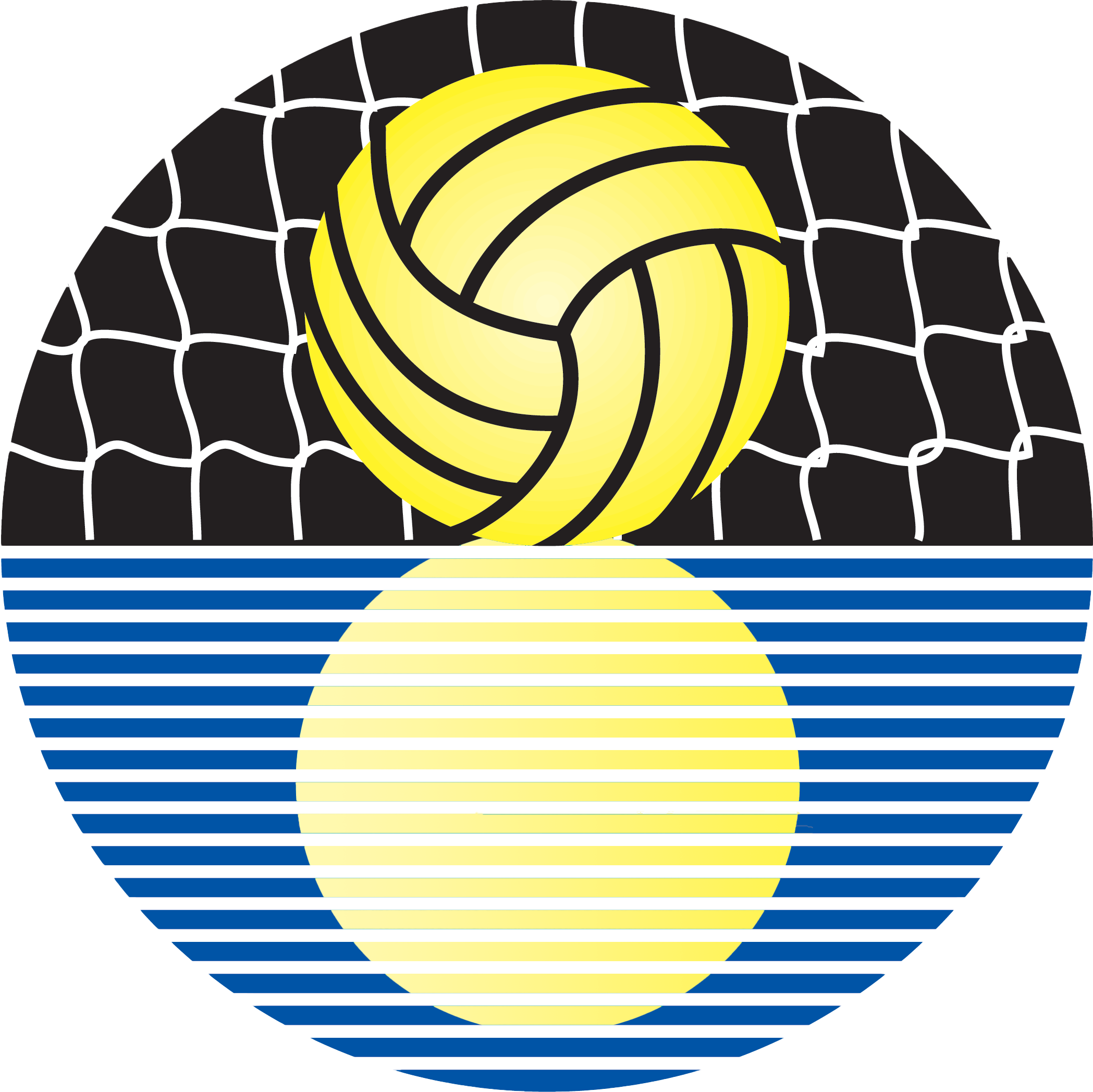NCAA CHAMPIONSHIP: 2019 Bracket | Rankings | Championship History
INDIANAPOLIS — The National Collegiate Athletic Association (NCAA) Men’s Water Polo Committee announced today the seven teams vying for the 2019 National Collegiate Men’s Water Polo Championship. The top two seeds have been placed in the bracket; the remaining five teams will compete for the last two berths in the bracket via three opening-round games. The opening-round games will be contested November 30, hosted by Harvard University, and December 5, hosted by University of the Pacific, which will also host the championship to be held on Saturday-Sunday, December 7 and 8. The semifinal and championship games will be played at the Chris Kjeldsen Aquatic Center in Stockton and streamed live on NCAA.com.
In the first opening-round game, Northeast Water Polo Conference (NWPC) Champion Harvard (29-0) will host Mid-Atlantic Water Polo Conference (MAWPC) Champion Bucknell University (22-8) at 12:30 p.m. on Saturday, November 30. The winner will advance to the second opening-round game to play at-large selection the University of Southern California (14-5), with the winner advancing to the championship bracket to play Mountain Pacific Sports Federation (MPSF) Champion Stanford University (19-2) at Pacific. In the third opening-round game, Golden Coast Conference Champion Pepperdine University (24-7) will play Western Water Polo Association (WWPA) Champion the University of California-Davis (16-7) at Pacific, with the winner advancing to the championship bracket to play at-large selection/host Pacific (16-5). Game times for the opening-round games are listed on the bracket. Game times for the semifinals are 8 p.m. and 10 p.m. Eastern time Dec. 7, and the championship game will be played at 6 p.m. Eastern time December 8.
Conferences receiving automatic qualification included the Mid-Atlantic Water Polo Conference (MAWPC), Golden Coast Conference, Mountain Pacific Sports Federation, Northeast Water Polo Conference and the Western Water Polo Association. The remaining two teams were selected at-large without geographical restrictions.
Release courtesy National Collegiate Athletic Association (NCAA)




